Avoiding Common Construction Delays
Avoiding Common Construction Delays: Expert Tips for a Smooth Project
Embarking on a construction project, whether it's a home renovation or a new commercial build, is an exciting journey. However, construction delays can quickly turn that excitement into frustration. Delays not only disrupt your plans but can also lead to increased costs and a prolonged period of inconvenience.
At Five Mile Construction, we understand the importance of staying on schedule. We've built our reputation on delivering projects on time and within budget. While some delays, like severe weather, are beyond anyone's control, many common delays can be avoided with careful planning, proactive communication, and a well-defined process. This blog post will share our expert tips for minimizing delays and ensuring your construction project runs as smoothly as possible.
1. Thorough Planning: The Foundation of a Timely Project
The most effective way to prevent delays is to start with thorough planning. A well-defined plan serves as a roadmap for your project, outlining each step, identifying potential challenges, and establishing a realistic timeline.
- Detailed Scope of Work: Clearly define the scope of work, including all tasks, materials, and desired outcomes. The more specific you can be, the better your contractor can understand your vision and accurately estimate the project timeline.
- Realistic Timeline: Work with your contractor to develop a realistic timeline that accounts for each phase of the project, including design, permitting, material procurement, construction, and inspections.
- Contingency Planning: Build in a buffer for unexpected issues. A reasonable contingency (e.g., 10-15% of the total project time) can help absorb minor delays without derailing the entire schedule.
2. Effective Communication: The Key to Collaboration
Clear and consistent communication among all stakeholders – homeowner, contractor, subcontractors, and suppliers – is crucial for preventing misunderstandings and delays.
- Establish a Communication Plan: Determine the preferred methods of communication (e.g., phone, email, text, project management software) and the frequency of updates.
- Regular Meetings: Schedule regular meetings with your contractor to discuss progress, address any concerns, and make timely decisions.
- Centralized Communication: Utilize a centralized platform or project management software to keep all communication and documentation organized and accessible to everyone involved.
- Promptly Address Issues: When issues arise, address them promptly and collaboratively. Delays in decision-making can have a ripple effect on the project schedule.
3. Secure Permits and Approvals Early:
The permitting process can often be a source of delays. Start this process as early as possible.
- Research Requirements: Thoroughly research the permits and approvals required for your project well in advance of the construction start date.
- Submit Complete Applications: Ensure that all permit applications are complete, accurate, and include all necessary documentation to avoid delays in the review process.
- Partner with an Experienced Contractor: An experienced contractor like Five Mile Construction can navigate the permitting process efficiently, leveraging their knowledge of local regulations and established relationships with building departments.
4. Careful Material Selection and Procurement:
Material availability and lead times can significantly impact the project schedule.
- Select Materials Early: Make material selections early in the planning process to allow ample time for ordering and delivery.
- Consider Lead Times: Be aware of lead times for different materials, especially custom or specialized items.
- Order in Advance: Order materials well in advance of when they are needed on site.
- Verify Orders: Carefully verify all orders to ensure accuracy and avoid delays due to incorrect or missing items.
- Proper Storage: Ensure materials are properly stored and protected once they arrive on site.
5. Choose an Experienced and Reliable Contractor:
Selecting the right contractor is one of the most important decisions you'll make. An experienced and reliable contractor can make all the difference in preventing delays.
- Proven Track Record: Look for a contractor with a proven track record of delivering projects on time and within budget.
- Strong Project Management Skills: Choose a contractor with strong project management skills, including scheduling, budgeting, and communication.
- Established Relationships: A contractor with established relationships with subcontractors and suppliers can help ensure timely and efficient execution of the work.
- Proactive Problem Solving: Select a contractor who is proactive in identifying and resolving potential issues before they escalate into major delays.
6. Weather Considerations:
While you can't control the weather, you can plan for its potential impact.
- Seasonal Planning: Consider the typical weather patterns in your region when scheduling your project. For example, if you live in an area with heavy snowfall, it may be wise to avoid exterior work during the winter months.
- Weather Contingency: Build some flexibility into your schedule to account for potential weather-related delays.
- Protective Measures: If work must be done in less than ideal conditions your contractor should take measures to protect the work area and materials from the elements.
7. Manage Change Orders Effectively:
Change orders, while sometimes necessary, can often lead to delays.
- Minimize Changes: Try to finalize your design and material selections before construction begins to minimize the need for change orders.
- Formal Change Order Process: Establish a formal process for handling change orders, including documentation of the changes, cost implications, and schedule adjustments.
- Timely Approval: Review and approve change orders promptly to avoid delays in implementation.
Five Mile Construction: Your Partner in On-Time Project Delivery
At Five Mile Construction, we understand that your time is valuable. We're committed to delivering projects on schedule and within budget, without compromising quality. We employ proactive planning, meticulous project management, and open communication to minimize delays and ensure a smooth construction process.
Our experienced team will work closely with you every step of the way, from initial planning to final completion. We're dedicated to keeping you informed, addressing your concerns promptly, and delivering a finished product that exceeds your expectations.
Contact us today to discuss your project and experience the Five Mile Construction difference. Let's build your vision together, on time and on budget!



